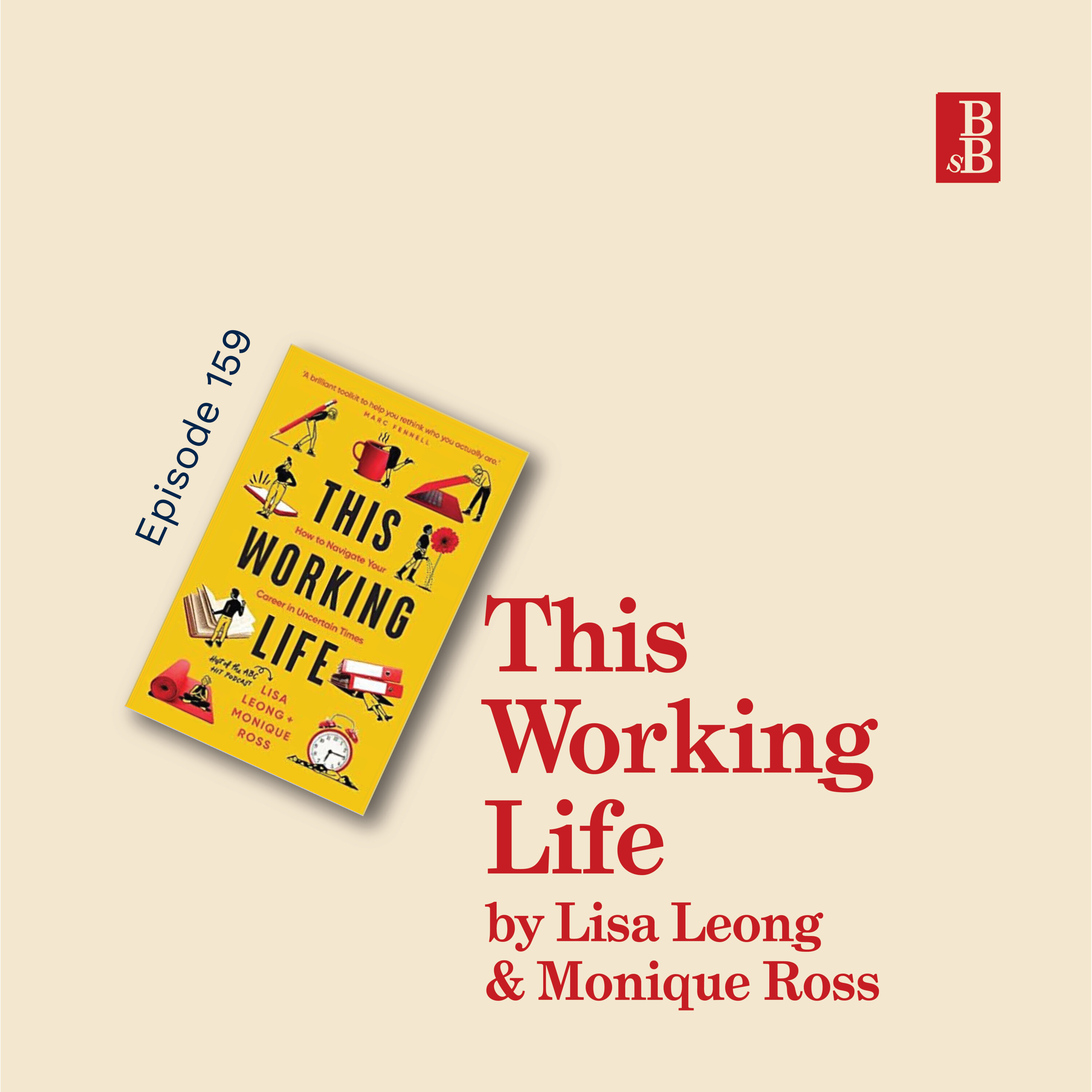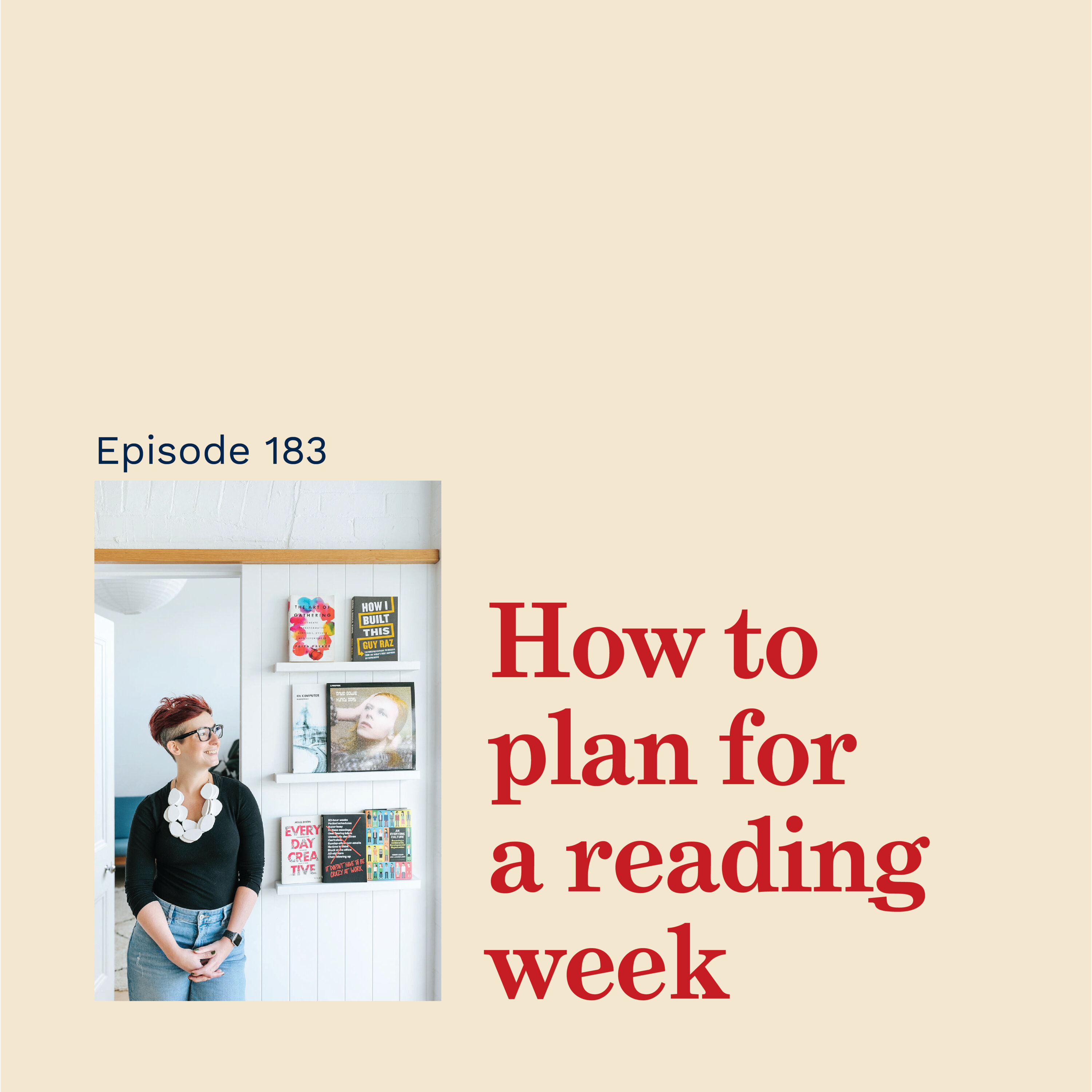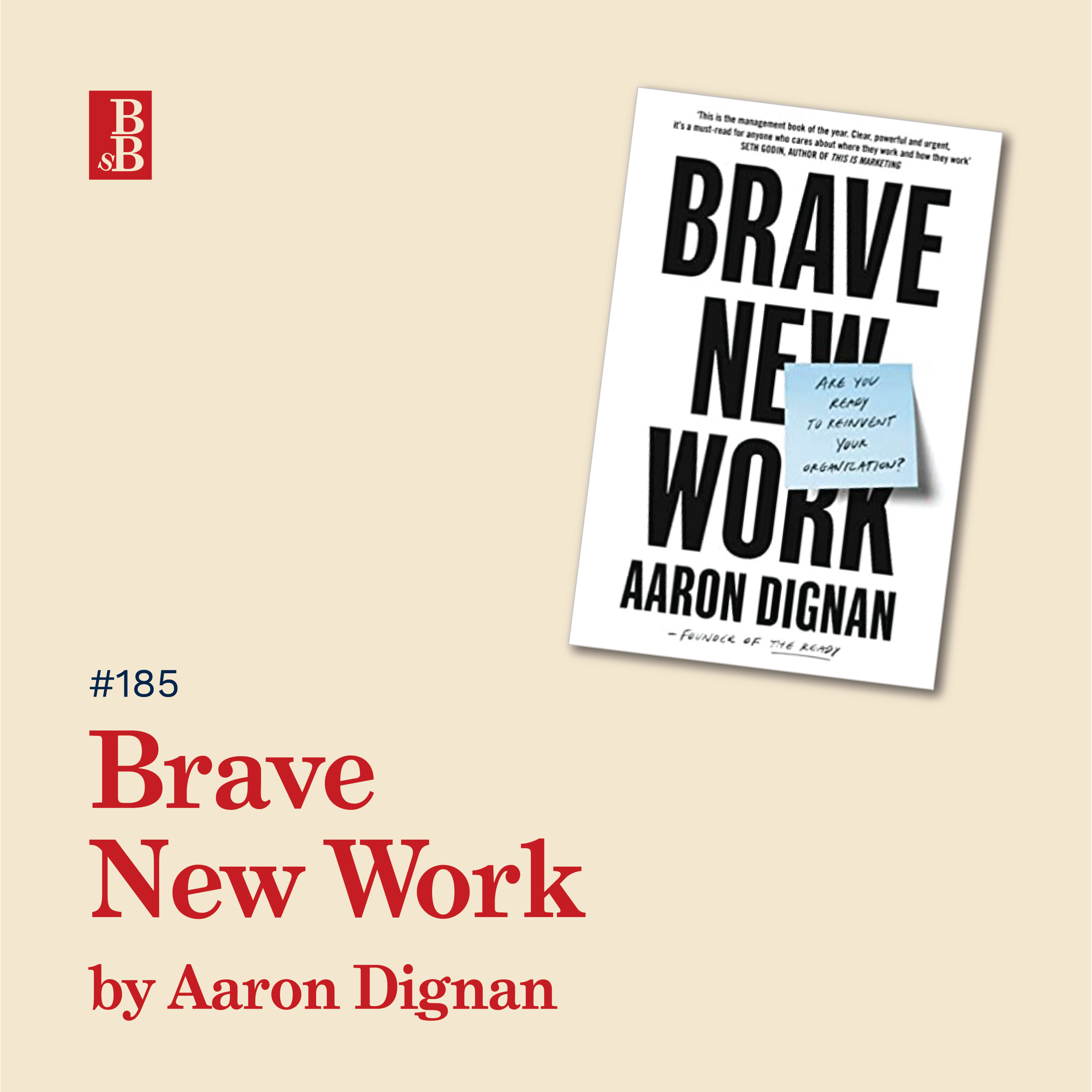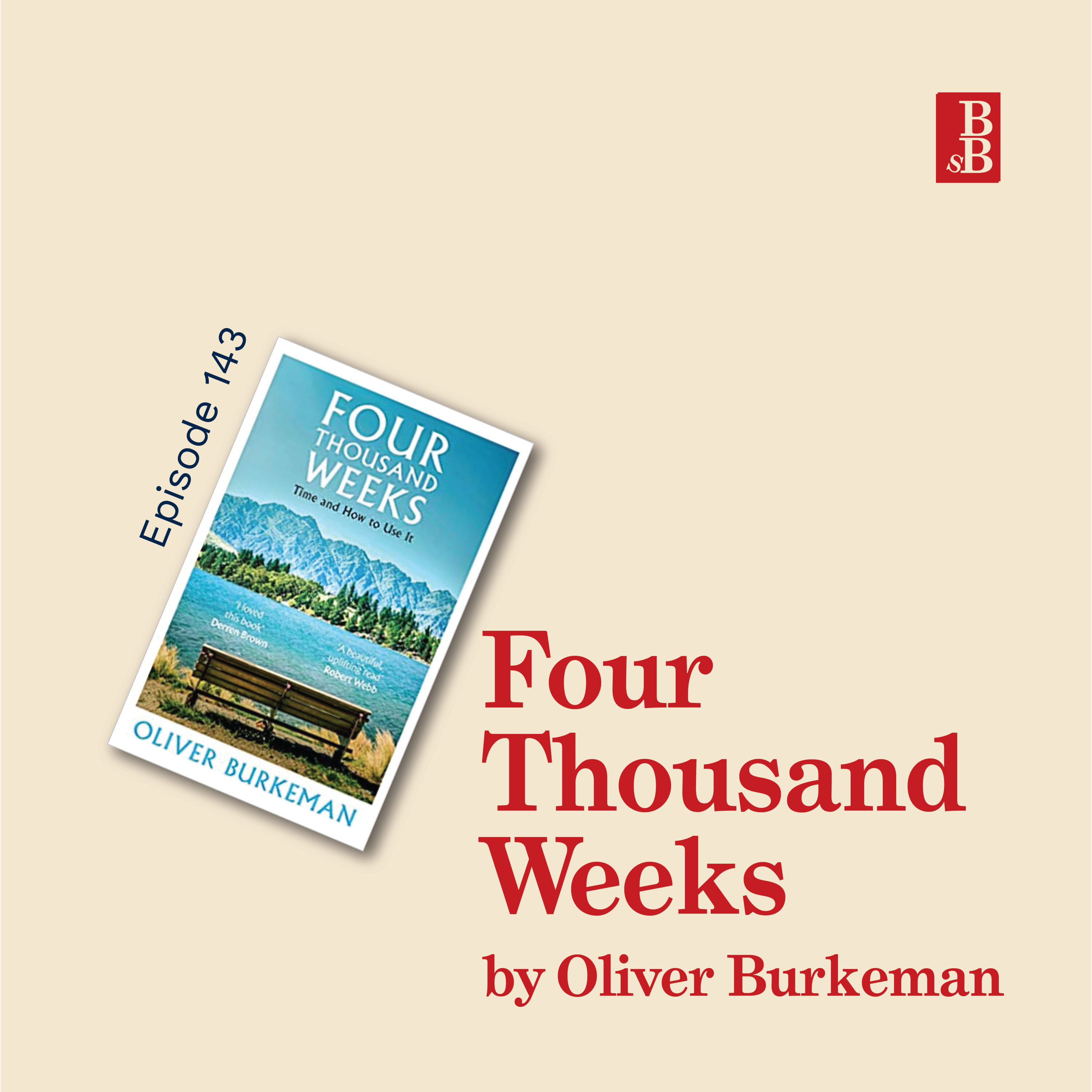Stolen Focus by Johann Hari: why it's not your fault that you can't pay attention
PS. I'll be doing an Ask Me Anything bonus episode in the next few weeks; if you've got something you'd like me to answer / tackle, email me steph@stephclarke.com
About the book
All over the world, our ability to pay attention is collapsing. In the US, college students now focus on one task for only 65 seconds, and office workers on average manage only three minutes. New York Times best-selling author Johann Hari went on an epic journey across the world to meet the leading scientists and experts investigating why this is happening to us — and discovered that everything we think we know on this subject is wrong.
We think our inability to focus is a personal failing — a flaw in each one of us. It is not. This has been done to us — by powerful external forces. Our focus has been stolen. Johann discovered there are twelve deep cases of this crisis, all of which have robbed some of our attention. He shows how he learned this in a thrilling journey that takes him from Silicon Valley dissidents who figured out how to hack human attention, to veterinarians who diagnose dogs with ADHD; from a favela in Rio where everyone lost their attention in a particularly surreal way, to an office in New Zealand that discovered a remarkable technique to restore their workers’ attention.
Crucially, he learned how — as individuals, and as a society — we can get our focus back, if we are determined to fight for it. The answers will surprise and thrill you. This is a book about our attention crisis unlike any you’ve read before.
Source: https://stolenfocusbook.com/
About the author
Johann Hari is a British-Swiss writer who has authored three New York Times best-selling books. They have been translated into 38 languages, and been praised by a broad range of people, from Oprah to Noam Chomsky, from Elton John to Naomi Klein.
His latest book, ‘Stolen Focus: Why You Can’t Pay Attention’, was published in January 2022.
His first book, ‘Chasing the Scream: the First and Last Days of the War on Drugs’, was adapted into the Oscar-nominated film ‘The United States Vs Billie Holiday’.
His second book, ‘Lost Connections: Uncovering The Real Causes of Depression — and the Unexpected Solutions’ was described by the British Journal of General Practice as “one of the most important texts of recent years”, and shortlisted for an award by the British Medical Association.
Johann’s TED talks have been viewed more than 80 million times. The first is named ‘Everything You Think You Know About Addiction is Wrong’. The second is entitled ‘This Could Be Why You Are Depressed or Anxious’.
Source: https://stolenfocusbook.com/the-author/
Big idea #1 — The 12 reasons you can’t pay attention
The book is structured around the 12 reasons we’ve lost our ability to focus. They are;
- The increase in speed, switching, and filtering
- The crippling of our flow states
- The rise of physical and mental exhaustion
- The collapse of sustained reading
- The disruption of mind wandering
- The rise of technology that can track and manipulate us
- The rise of cruel optimism
- The surge in stress and how it triggers vigilance
- Our deteriorating diets
- Rising pollution
- The rise of ADHD and how we are responding to it
- The confinement of our children, physically and psychologically
James Williams, a former Google strategist (and now dissenter) talks about this idea that we are living through, “a denial of service attack on our minds”. There’s so much information attacking our brains, they are overloaded and don’t function as well. We’re drinking from a firehose.
Big idea #2 — The system is rigged
All of the 12 reasons have some link to a broader systemic issue. Talking to the different people and scientists and researchers etc, that Johann spoke to as part of this book, who have been doing the work around this, this is the common theme.
And this isn’t just about Facebook or big tech, but frankly most of the big tech companies reward structures are based around usage. More use = more data,, which is what they sell, which = more money. People from the inside of these tech companies are now speaking out about the decisions being made internally in those organisations, why they’re being made, and the impact of them.
It is completely in these company’s control to make those different decisions, make the ones that would actually be an improvement to society. That would maybe get back to where social media could have been, and maybe was 10-15 years ago when it first started. The things that made it appealing in the first place.
However, now they know that something that inflames or angers gets a bigger response; it gets more shares, and it gets more attention, which brings them more money. Therefore that’s what is pushed to us.
The timeline and the infinite scroll that’s a feature of a lot of social media platforms could also easily be changed at the flick of a switch, but they don’t, because the more you’re on there, the longer that infinite scroll keeps you there with the distorted timeline, the more information they’re gathering.
We can’t just tech detox ourselves out of this by silencing our notifications or going on a silent retreat. A lot of the people designing these platforms, won’t let their kids use them, and they won’t use it themselves. So it just goes to show that if they’re not eating their own dog food, why should we be the guinea pigs doing it?
Ex-Googler James Williams was speaking at a conference with leading tech designers. And he asked them the simple question; “how many of you want to live in the world that you are designing?”. There was an uncomfortable silence in the room, nobody put up their hand.
These platforms really are the dumbing down of humanity and society, and diminishing our attention at a time we need it more than ever. The way that social media platforms are changing the conversation and shaping the conversation, is really quite terrifying. And never mind when you get into the stories and the evidence around radicalization and some of the really dark things that social media platforms are feeding people and continue to feed people, because that’s how they’re designed.
We can’t just not use tech. It’s too simplistic and too unrealistic. But it is worth considering what we’re using and how we’re using it.
Johann speaks to Nir Eyal, who literally wrote the book (Hooked), which became the book these big tech companies used to build their platforms and build their systems and services in a way that people cannot escape from them. The interview is quite heated as Nir suggests that people just turn off their notifications, and if they don’t, that’s on them. There’s a role for personal responsibility, but when the system is designed for the opposite, it’s a real challenge at a societal level.
There’s lots of tech examples there, but it’s the same with some of the food systems about what gets rewarded; keeping costs low and therefore the decisions that are made in order to maintain the status quo, maximise shareholder profitability, rather than maintain (or improve) nutritional value.
Similar with climate change and pollution. There’s examples of different health, stress, and attention outcomes for people living in areas with more pollution, versus those who get to live in slightly cleaner areas.
It all goes to show the level of systemic decisions and issues at play in terms of the holistic health and wellbeing of society and populations.
And it’s really hard to read some of this and not feel like you’re being taken down a conspiracy theory route. But at the same time, given how public much of this information is, you realise it’s not really a conspiracy, this is actually how things are happening and we are the guinea pigs (and the product) in this experiment.
Big idea #3 — What to do?
One of the things that the book is not, is a book of hacks. This book is not about how to hack your way around the, the systems that are designed to set us all up to fail.
At the same time, it’s easy to throw hands up in the air and assume that we can’t do anything because there’s such huge power at play. There is a balance of using things in a smarter way, and looking for bigger change.
Some of the things that Johann talks about in terms of the individual things that he does include;
- keeping his phone in a kSafe (a lockable box with a timer, he’ll put his phone in there between certain hours, it locks and you literally cannot get your phone out before the time us up unless you smash it open)
- using the Freedom app, which you can use to block certain websites or block emails when you want to really focus on doing some focused, deep work.
- not beating himself up, but asking himself what he could do to get himself in a flow state if he feels distracted
- taking six months off of social media per year (including asking a friend to change his passwords), he doesn’t take six months off in one go, but he takes a couple of weeks off every month or, or breaks it up throughout the year
- going out for walks without his phone
- prioritising free play time with his godchildren
He says that the pandemic has supercharged the direction in which we’re heading. If we were heading down a pretty miserable path, when it comes to technology use and our stolen focus beforehand, this has been exacerbated by the last couple of years as we’re much more connected, spending much more time on devices trying to block out the outside world, numbing ourselves, and more stressed.
He also importantly, calls for a bigger change. He calls it Attention Rebellion, which would call for;
- the banning of surveillance capitalism (or selling people’s information and attention for money),
- advocating for the four day work week in order to reduce certain stresses and give people more space and time for the brain break that they need in order to work really well and connect and spend time doing other things, and
- rebuilding childhood and the freedom around childhood that many people in earlier generations experienced and enjoyed, that is just not the case today.
He says it’s small creative groups of individuals and societies that will create this change, that’s why we have things like weekends. We need people who get together and say, ‘this is not good enough, something needs to change’. We need to be these people, and find these people; join them, vote for them, support them, whatever it needs to be, because without that, nothing will actually change.
Support my book habit: https://www.buymeacoffee.com/stephsbookshelf
See omnystudio.com/listener for privacy information.
Hey, have you subscribed to the bookmark newsletter? If you liked this, you might like my twice-monthly email with book reviews and ideas of what you should be reading, and listening to, next. Click here to subscribe.

















